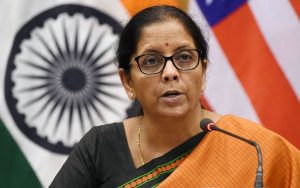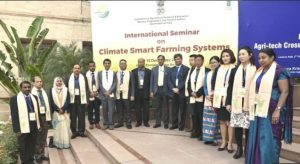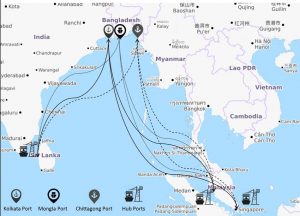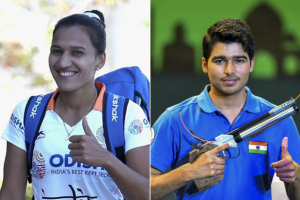VisionIAS
19:09

1) Defence Minister chairs Parliament’s meeting of Consultative Committee
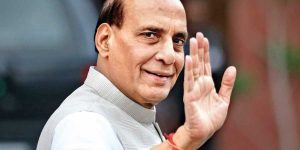
2) Maldives signs contract with JV of Indian companies for development of Addu

•Financing of the project will be done by EXIM bank of India through line of credit of USD 800 million.
3) National Symposium of Heads of Police Training Institutions held in New Delhi
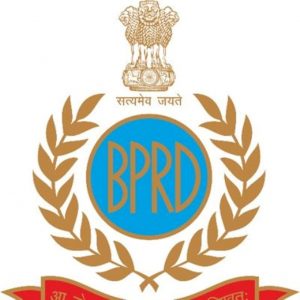
4) Amazon’s Audible launches app “Audible Suno” in India

•The platform features hundreds of hours of Audible’s original audio series across a plethora of genres, steered by entertainers such as Amitabh Bachchan, Nawaazuddin Siddiqui, Anurag Kashyap, Tabu, Neena Gupta and Vir Das.
5) Rohit Sharma becomes brand ambassador of La Liga in India

•The top tier of Spanish club football has been ramping up its fan base in India through a series of initiatives. These initiatives includes grassroot development programme like La Liga Football Schools and a digital broadcast deal with Facebook.
6) FIH unveils new world ranking system for 2020

•The new model is expected to remove the subjectivity surrounding continental weighing by creating a system which is fair to all. The outgoing world ranking system was in existence since 2003. It was originally devised to allocate teams into pools at tournaments.






